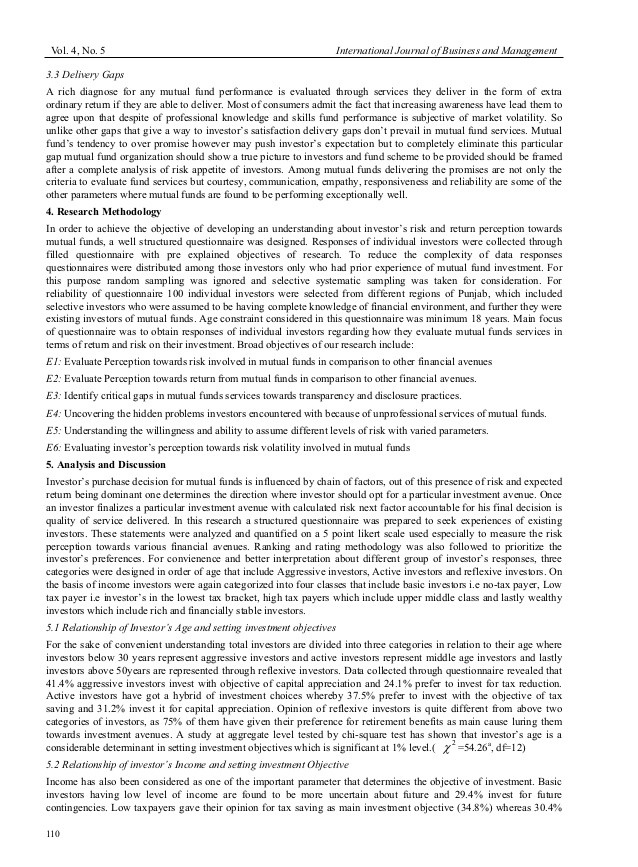Evaluate mutual fund costs both visible and hidden as one important factor before investing
Post on: 27 Июль, 2015 No Comment

. Sales charges are likely the most visible costs associated with mutual fund investing but there are other costs involved, some of which may not be readily apparent to investors. Some of these costs are paid by the mutual fund itself whereas others are payable directly by the investor.
Turning first to expenses paid by the mutual fund, management fees rank high on the list of expenses recognized by investors. Management fees are paid by mutual funds to the fund manager (Templeton, AIC, AIM etc.) as compensation for providing general management and administrative services – professional investment management isnt free after all.
The calculation of management fees is fund specific – in other words, the rate used to calculate management fees varies from fund to fund. Indeed, management fees can also vary within a fund depending on the type of fund units under consideration. This isnt particularly surprising since not all funds require the same degree of management. Its logical to expect, for example, that a fund invested solely in small companies will require greater involvement by the fund manager than, say, a fixed income fund.
Management fees generally run at 1 per cent on the low end with the higher end reaching 3 per cent. Where equities are involved, most funds charge a management fee in the range of 2 to 2.5 per cent.
The base used to calculate the management fee is generally net asset value of a particular fund or class of fund. Using net asset value as a base means that the size of the management fee increases when the fund value increases and decreases when the fund value decreases. In essence, fund managers receive a greater reward when their fund performs well and a smaller reward when the fund performance is not so great. With management fees paid in good times and in bad times you can expect such management fees to be charged to the fund even if the fund experiences negative returns.
For some funds, management fees are calculated and paid daily whereas others calculate the fee daily with payment occurring weekly or monthly.
Mutual fund operating expenses are also paid by the fund itself. The management fees described above do not cover operating expenses, which are a completely separate cost. As the name implies, operating expenses cover costs of administrative and operating expenses including, commissions, brokerage fees, taxes, transfer agency fees, accounting, audit, legal, interest expense and investor servicing fees (annual reports, prospectuses etc.) to name a few.
Usually, operating costs that can be traced to a specific fund will be allocated accordingly with costs common to a group or family of funds shared proportionately.
Sales charges are the most significant and visible cost borne by mutual fund investors but there are other investor-paid costs that may be encounter along the way.
Switch or transfer fees can be imposed when you switch between series of units of the same fund or when you switch from one fund to another fund within the same family. These fees can run up to 2 per cent of the net asset value of the switched units. Switch/transfer fees are charged by the dealer and, therefore, they are negotiable but you can expect the old adage money talks to apply. Your $1,000 investment may be a big deal to you but it wont carry a lot of clout with your broker.
If youre a wheeler-dealer type of investor you may encounter what is known in the industry as a short-term trading fee. This fee may be assessed if you redeem or switch your units within a certain number of days (usually 90) after purchase. This fee, payable to the fund, generally ranges from 1 to 2 per cent of the net asset value of the shares/units traded.
In addition to driving up the funds trading costs, short-term trading forces the mutual fund to retain higher levels of cash than would otherwise be needed. Increased trading costs and excess cash balances have a negative effect on a mutual funds ability to perform hence the rational for imposing a short-term trading fee to discourage investors from frequent trading.
Regardless of who pays various fund-related costs – the mutual fund or the individual investor – ultimately, these expenses reduce the true return on investment that could otherwise be enjoyed by investors. These costs help explain why 87 per cent of Canadian equity managers failed to match the performance of the TSE 300 index during the period 1995 to 2000. Although the costs associated with fund ownership are not the only factor to consider, they are important and should not be ignored by those inclined to invest in mutual funds.














